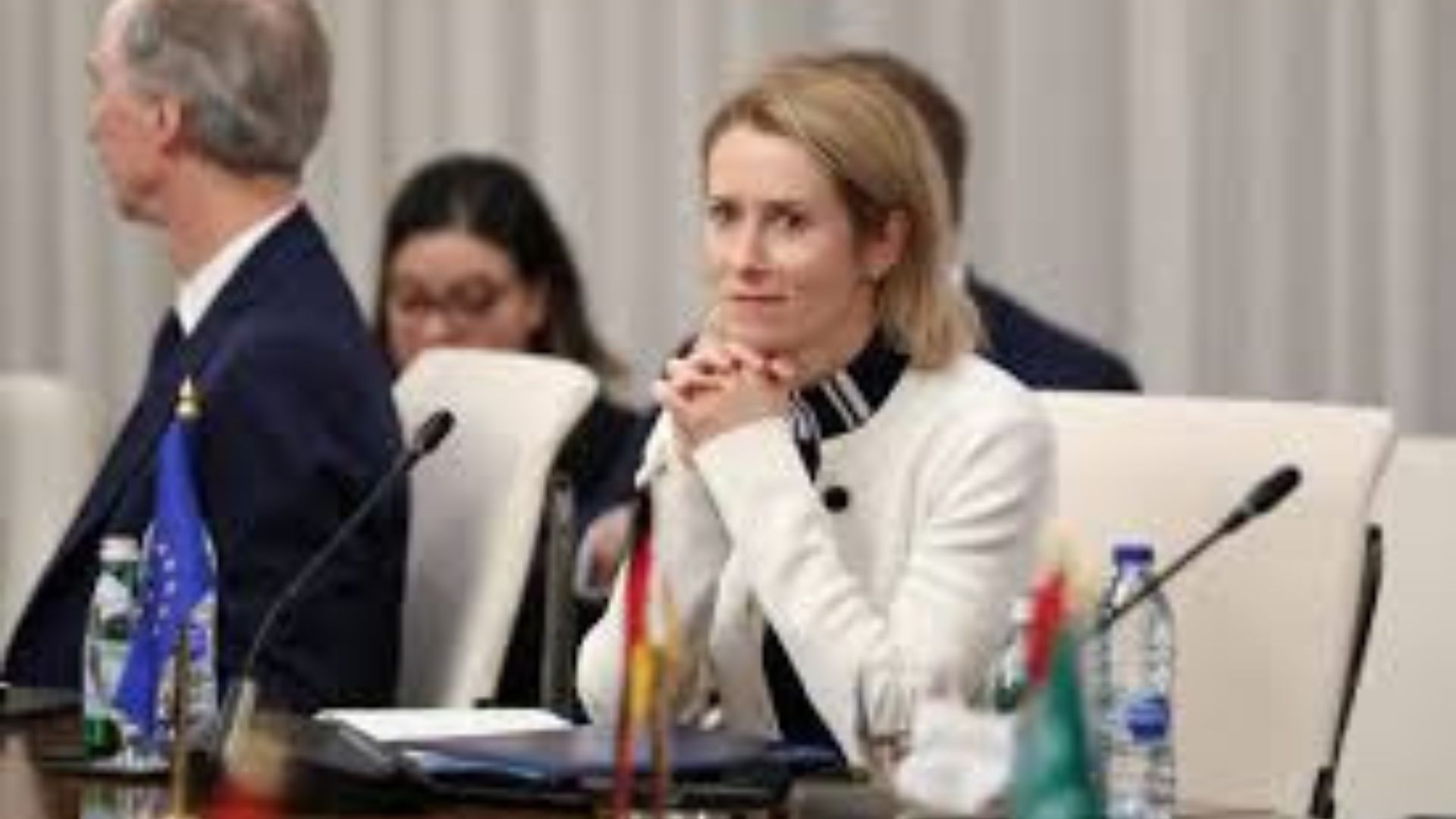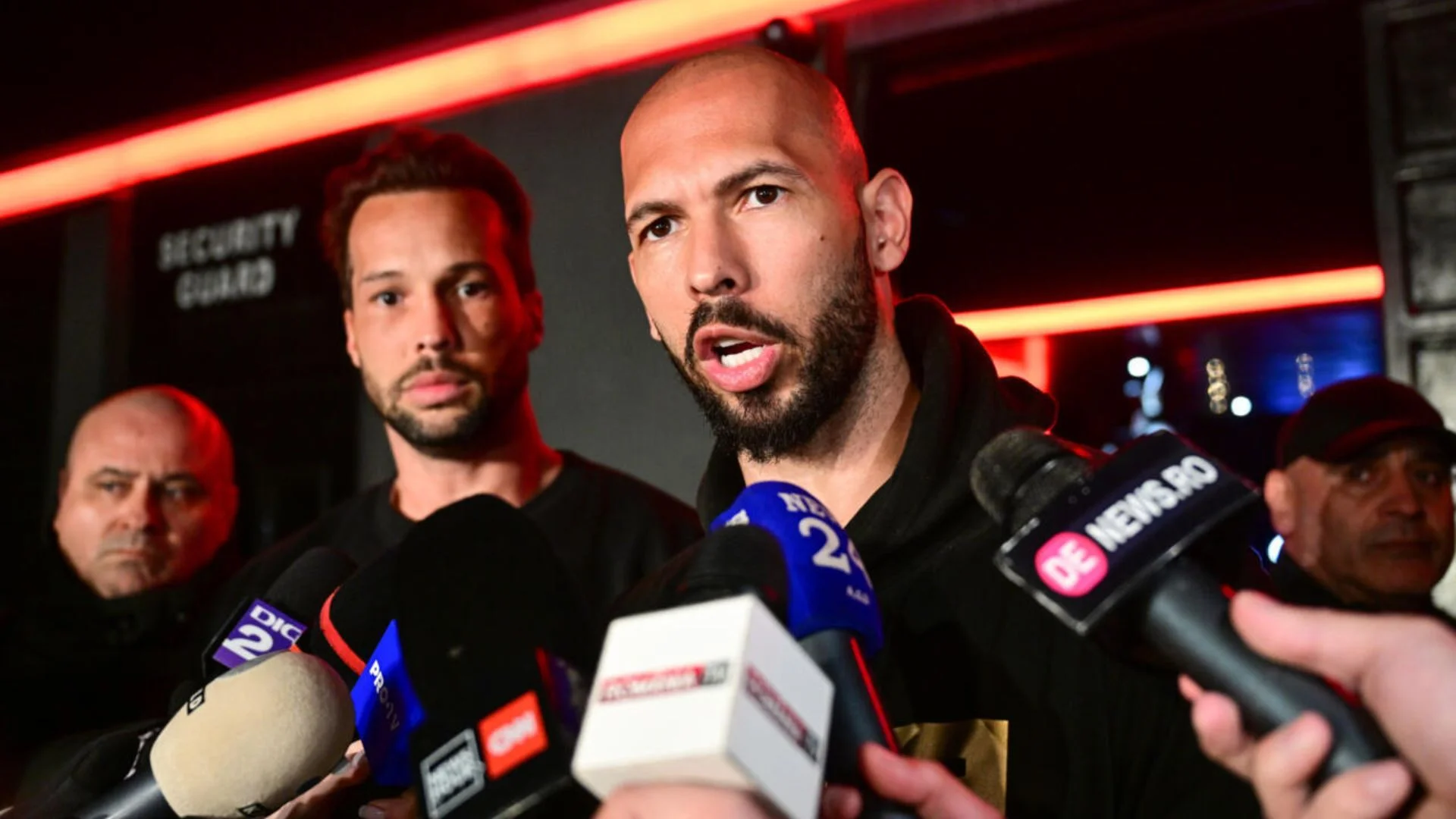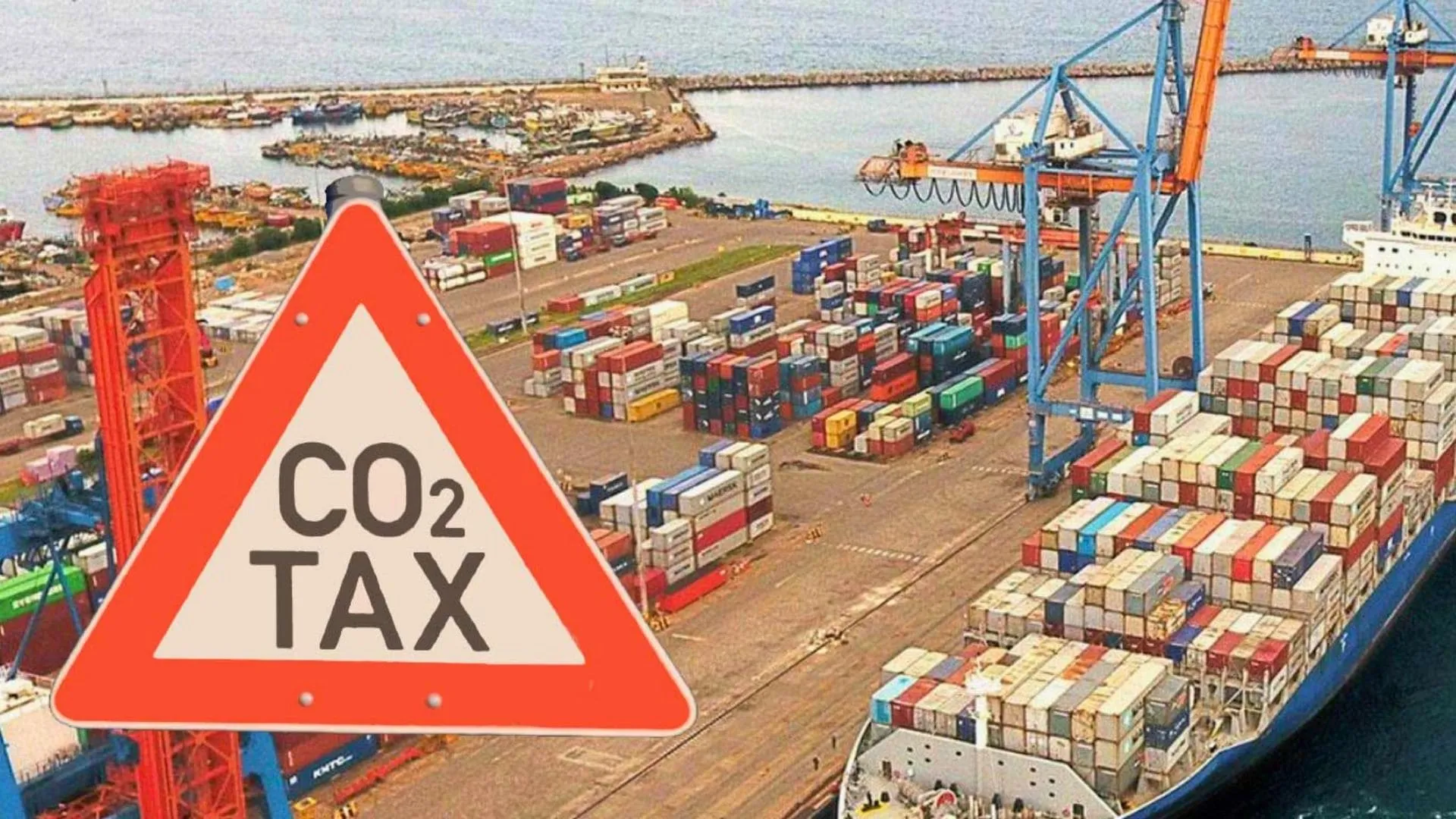The European Union will not lift sanctions on Syria until the new rulers demonstrate a commitment to protecting minority rights and women’s rights within a unified government that rejects religious extremism, according to the EU’s top diplomat, Kaja Kallas.
Speaking ahead of an EU foreign ministers meeting in Brussels on Monday, Kallas stated that the agenda would not include discussions on expanding financial support to Syria beyond what is currently provided through United Nations agencies. “One of the questions is whether we can, in the future, look at the adaptation of the sanctions regime. But this clearly is not the question of today, but rather in the future where we have seen that the steps go in the right direction,” she told Reuters.
The EU has implemented a stringent sanctions regime against Syria, and the rebel group Hayat Tahrir al-Sham, which played a significant role in the overthrow of President Bashar al-Assad, has also been under sanctions for years. This complicates the international community’s response to the situation in Syria.
Kallas highlighted that the EU is already the largest donor of humanitarian aid to Syria, stating, “We need to discuss what more can we do. But as I say, it can’t come as a blank cheque.” Her comments followed a conference in Jordan that convened regional and Western powers to discuss Syria’s future after Assad. Diplomats at the conference agreed that the protection of minorities in Syria remains a major concern.
“Syria faces a hopeful but uncertain future,” Kallas remarked during her first visit to the Middle East in her new role. While she acknowledged that Syria’s new interim leaders had made “positive signals,” she emphasized that these gestures must be backed by concrete actions. “They are judged by the deeds, not only the words. So the coming weeks and months will show whether their deeds are going in the right direction,” she said.
Kallas also underscored the importance of women’s and girls’ rights as indicators of societal progress and the establishment of inclusive institutions. She reiterated the need for accountability for the Assad regime, stating, “It’s clear that Assad has been responsible for the crimes committed in Syria, so there has to be accountability.” She noted that the International Criminal Court is expected to investigate how Assad would be prosecuted.
“Without accountability, there is no justice, and without justice, it’s also very hard to build the country,” Kallas concluded.









